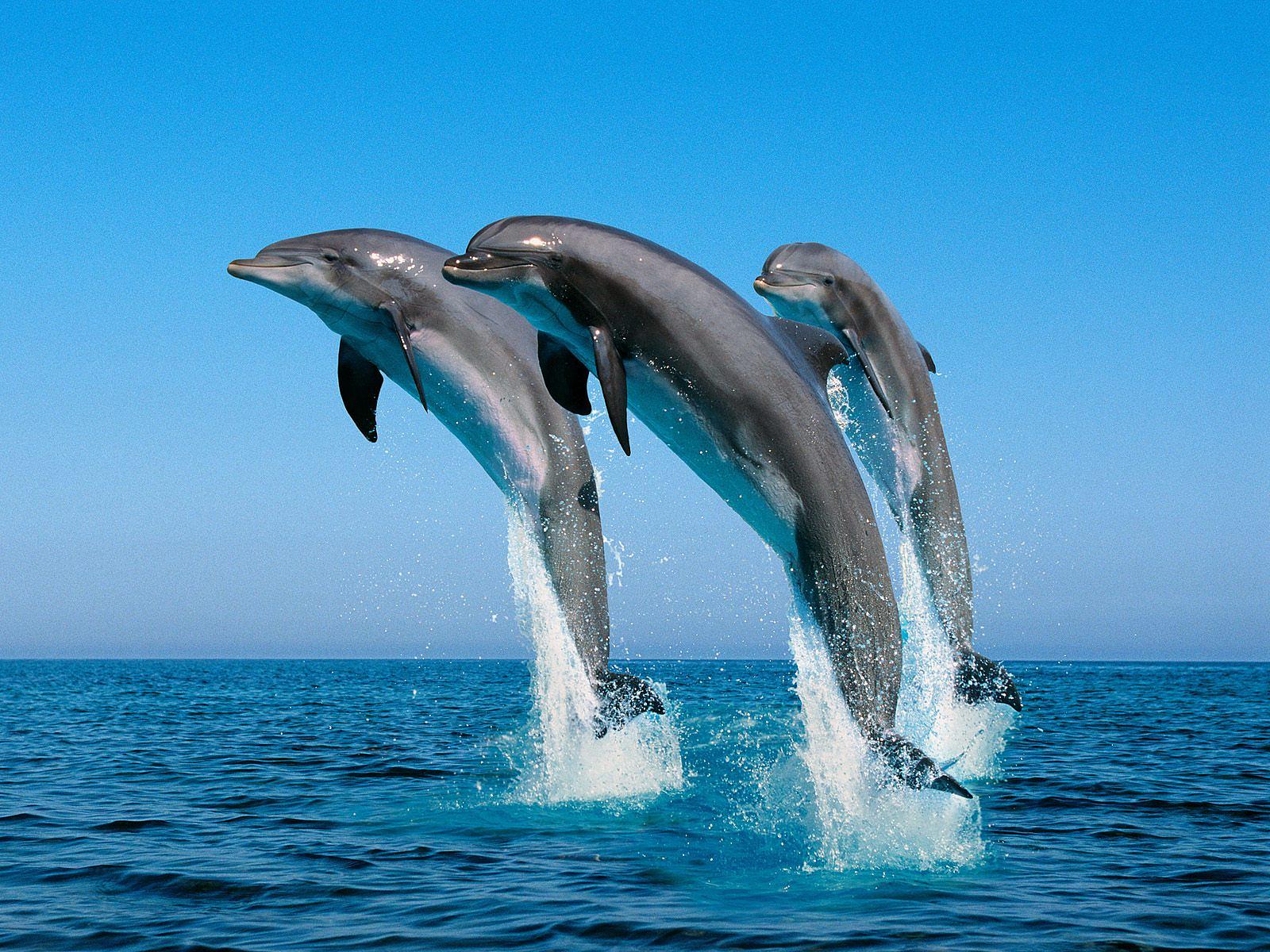Global Post
November 22, 2013

The deadliest known outbreak of a measles-like virus in bottlenose dolphins has killed a record number of the animals along the US Atlantic coast since July, officials said Friday.
A total of 753 bottlenose dolphins have washed up from New York to Florida from July 1 until November 3, the National Oceanic and Atmospheric Administration said.
That is more than 10 times the number of dolphins that would typically turn up dead along East Coast beaches, said Teri Rowles, program coordinator of the NOAA Fisheries Marine Mammal Health and Stranding Response Program.
“Historic averages for this same time frame, same geographic area is only 74, so you get an idea of the scope,” she told reporters.
The death toll is also higher than the more than 740 strandings in the last major Atlantic morbillivirus outbreak in 1987-1988.
And they have come in a much shorter time period, leading officials to anticipate this event could get much worse.
“It is expected that the confirmed mortalities will be higher,” said Rowles.
“If this plays out similar to the ’87-88 die-off, we are less than halfway through that time frame.”
The cause of death is morbillivirus, a form of marine mammal measles that is similar to canine distemper and can cause pneumonia, suppressed immune function and brain infections that are usually fatal.
There is no evidence that cetacean morbillivirus can cause disease in people.
However, sick dolphins can also have bacterial or fungal infections that do pose risks to people, so beach-combers are advised not to approach stranded animals but rather to call a local stranding network for help.
The virus spreads among dolphins in close contact.
A handful of washed up humpback whales and pygmy sperm whales have also tested positive for morbillivirus, but scientists have not been able to confirm that morbillivirus was the cause of those deaths since the animals were too decomposed by the time tests could be done.
Rowles said efforts are underway to try and determine if the virus might have been introduced into wild bottlenose dolphins from another species, like humpback whales or pygmy sperm whales.
